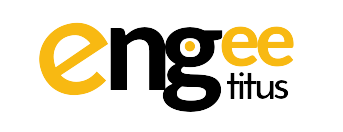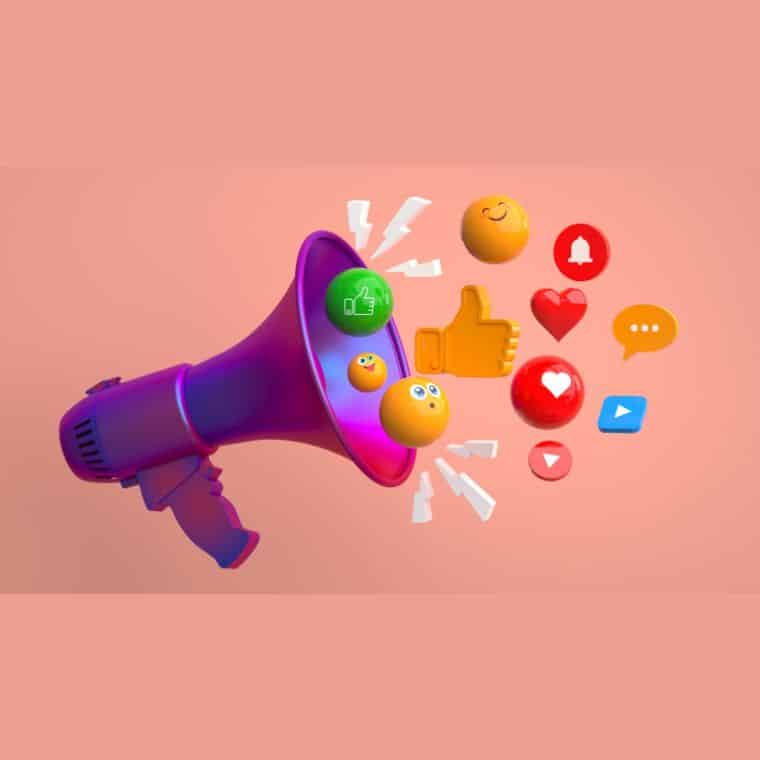Social Media and my Small business
Social media has become an indispensable tool for small businesses to connect with their customers and promote their brands. With over 3.6 billion people using social media worldwide, it is an excellent platform for businesses to reach a broader audience, increase brand awareness, and generate more leads cost-effectively and measurably and can be an important part of your overall marketing strategy. However, it can also be overwhelming, with various platforms and strategies to consider. In this post, we will explore the benefits of using social media for small businesses, the best platforms for your business, and some tips on how to create engaging content to maximize your online presence.
Benefits of Social Media for Small Businesses
The benefits of getting your business out on social media are numerous but here are three to consider.
- Increased Visibility:
Social media allows small businesses to reach a broader audience and increase brand awareness. With social media, you can connect with potential customers who may not have found your business otherwise. It puts you out to more people than you could reach from a brick a brick-and-mortar
- Cost-Effective:
Social media platforms are free to use, and most social media advertising options are budget-friendly. This makes it an excellent tool for small businesses with limited marketing budgets.
- Customer Engagement:
Social media provides an opportunity for small businesses to connect and engage with their customers. This creates a community around your brand and fosters loyalty among customers.
Determine which platforms are most relevant for your business
Different social media platforms are used by different demographics, so it’s important to choose the ones that are most likely to reach your target audience.
Best Platforms for Small Businesses
WhatsApp is a great consideration for small businesses because it has a massive user base, with over 2 billion monthly active users. It provides a direct and personalized communication channel between businesses and their customers, making it an excellent platform for customer engagement and support. Moreover, WhatsApp has features that allow businesses to create groups and broadcast lists, enabling them to send personalized messages and promotions to their customers. WhatsApp’s end-to-end encryption also ensures the privacy and security of customer information, which is crucial for building trust with customers.
E-commerce businesses, service-based businesses, travel agencies, healthcare providers, and personal trainers can leverage WhatsApp’s direct messaging feature to provide personalized customer support, share promotions and offers, and send tailored messages to customers or clients.
With over 2.8 billion monthly active users, Facebook is the largest social media platform worldwide. It offers several advertising options, making it a great platform for businesses of all sizes. Restaurants, beauty salons, boutiques, gyms, and coffee shops can leverage Facebook to showcase their products or services, share their story, engage with customers through posts, and run Facebook ads to reach more customers within their local community.
Instagram has over 1 billion monthly active users and is an excellent platform for visual content. Businesses in industries such as fashion and apparel, beauty and makeup, food and beverage, travel, and photography can leverage Instagram’s highly visual platform to showcase their products and services in a visually appealing way, collaborate with influencers, use Instagram stories and reels to engage with their audience and build their brand image.
Twitter has around 450 million monthly active users as of 2023. It is estimated that this number will reach 652.23 million by 2028, with around 237.8 million monetizable daily active users already. It is a great platform for businesses that want to engage in real-time conversations with their customers.
Businesses in the news and media, sports teams, entertainment companies, tech startups, and nonprofits can leverage Twitter’s real-time platform to share breaking news, updates, and events, interact with followers in real time, engage with customers, and run targeted Twitter ads to reach new audiences.
LinkedIn is the world’s largest professional network, with over 774 million users. It provides businesses with a platform to showcase their products and services to a professional audience, making it an excellent platform for B2B marketing. Moreover, LinkedIn offers several advertising options, such as sponsored content and sponsored InMail, that allow businesses to target specific audiences based on job titles, industries, and locations. Additionally, LinkedIn’s company pages allow small businesses to share content, engage with followers, and build their brand’s reputation as an industry thought leader.
B2B companies, professional services firms, marketing agencies, recruitment firms, and consulting companies can leverage LinkedIn to showcase their expertise, share industry insights, engage with potential clients or candidates, and use targeted LinkedIn ads to reach specific professionals or industries.
Tips for using social media to benefit your small business
- Develop a content strategy:
Decide what types of content you want to share on what platforms, and how often you’ll post. Consider using a mix of promotional, entertaining and informative content to keep your audience engaged.
Tips for Creating Engaging Content
- Define your brand:
Develop a clear brand voice and aesthetic that aligns with your business’s values and goals.
- Know your audience:
Understand your target audience’s preferences, interests, and pain points to create content that resonates with them. You can agree with me on how you know whose WhatsApp status to view if you want to laugh or which page to go to if you’re looking for an update about a niche idea. Yeah! That’s knowing your audience.
- Use visuals:
Use high-quality visuals such as images and videos to grab your audience’s attention and increase engagement.
- Be consistent:
Post consistently to maintain engagement and build a loyal following. Each platform has its uniqueness and you have to understand the platform, as well as know your audience to know how frequently and at what times in the day you should post.
On WhatsApp, however, my advice is to update your status at least every 4-6 hours if you want to deliver a message and want your contacts to see it before the 24-hour expiration.
This would help you become top of mind as statuses are arranged based on the most recent update and not everyone would have the time to go through every status. I know I don’t. With over 400 active WhatsApp status users on my list, it’s hard to keep up.
2. Engage with your audience:
Social media is a two-way communication channel, so it’s important to not just respond to comments and messages promptly but also initiate conversations. This can help you build relationships with your customers and improve their experience with your business.
3. Use social media advertising:
Many platforms offer paid advertising options that allow you to target specific demographics and track the results of your campaigns. Advertising on social media helps you reach a wider audience in a shorter time for a fee.
Social media can be a valuable asset for small businesses as it can help you create a profitable market for your business with your available resources, but it’s important to be strategic and consistent in your use of these platforms.
I am of the opinion that no one can better market your business as you, the owner. However, if you do not have the time or feel inadequate about it, you should contact a social media marketer to do so.

